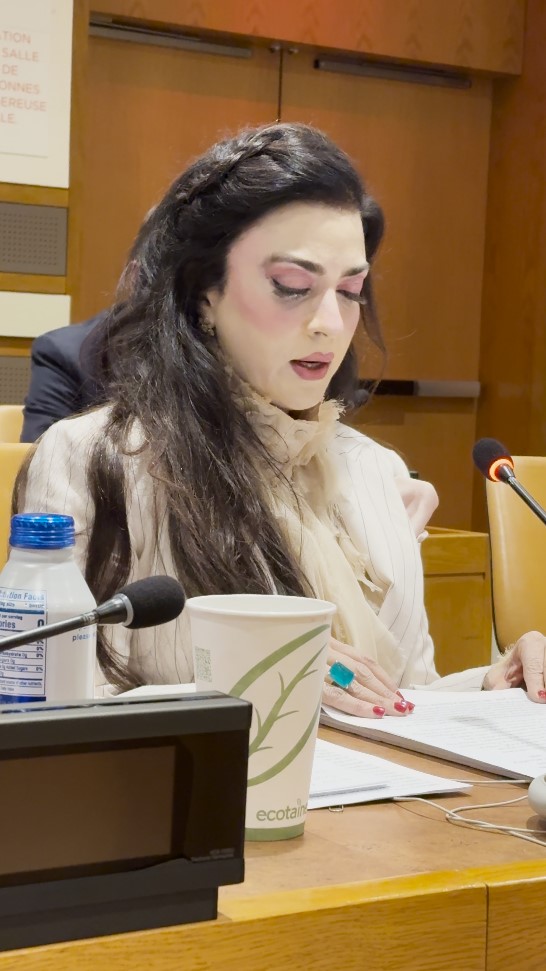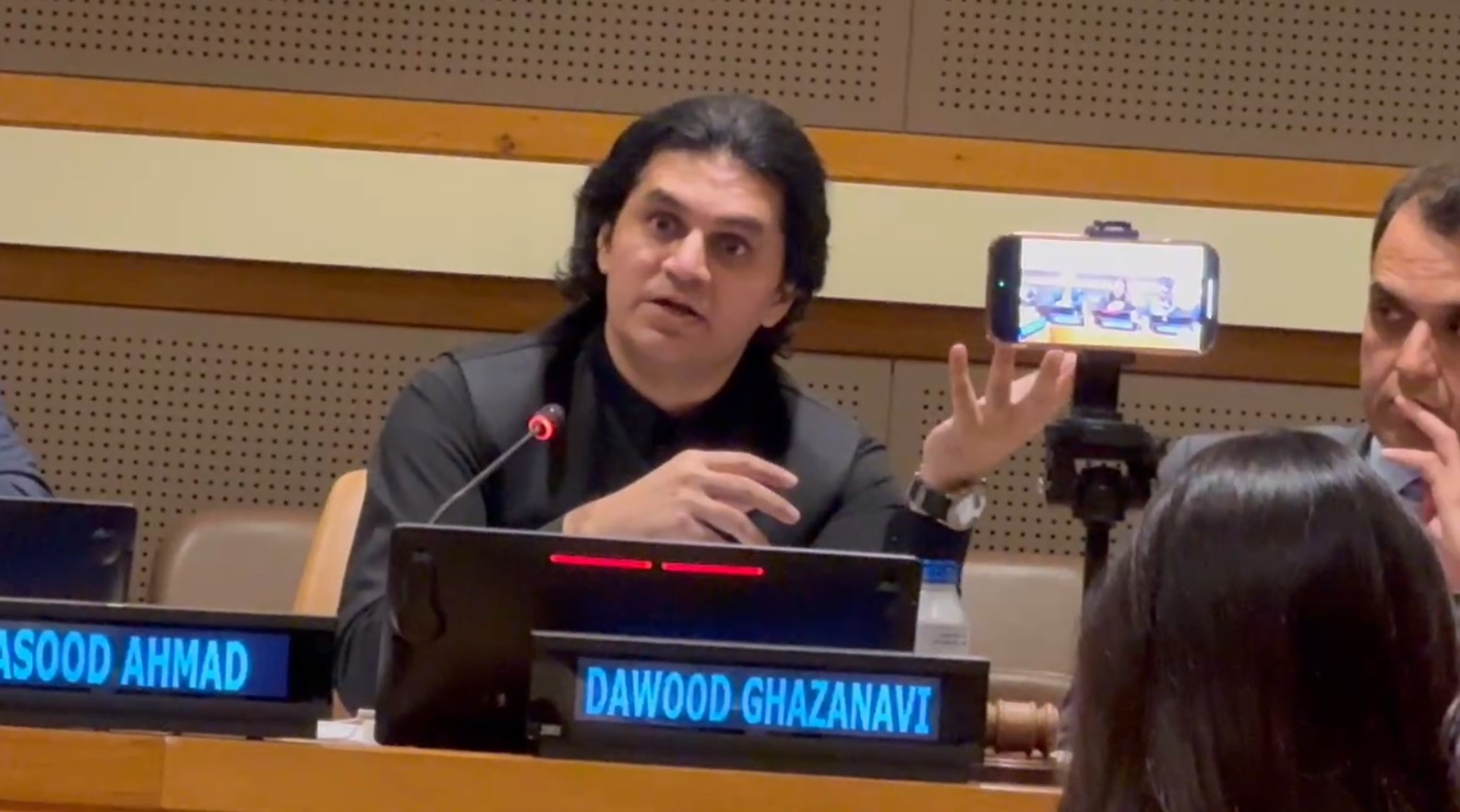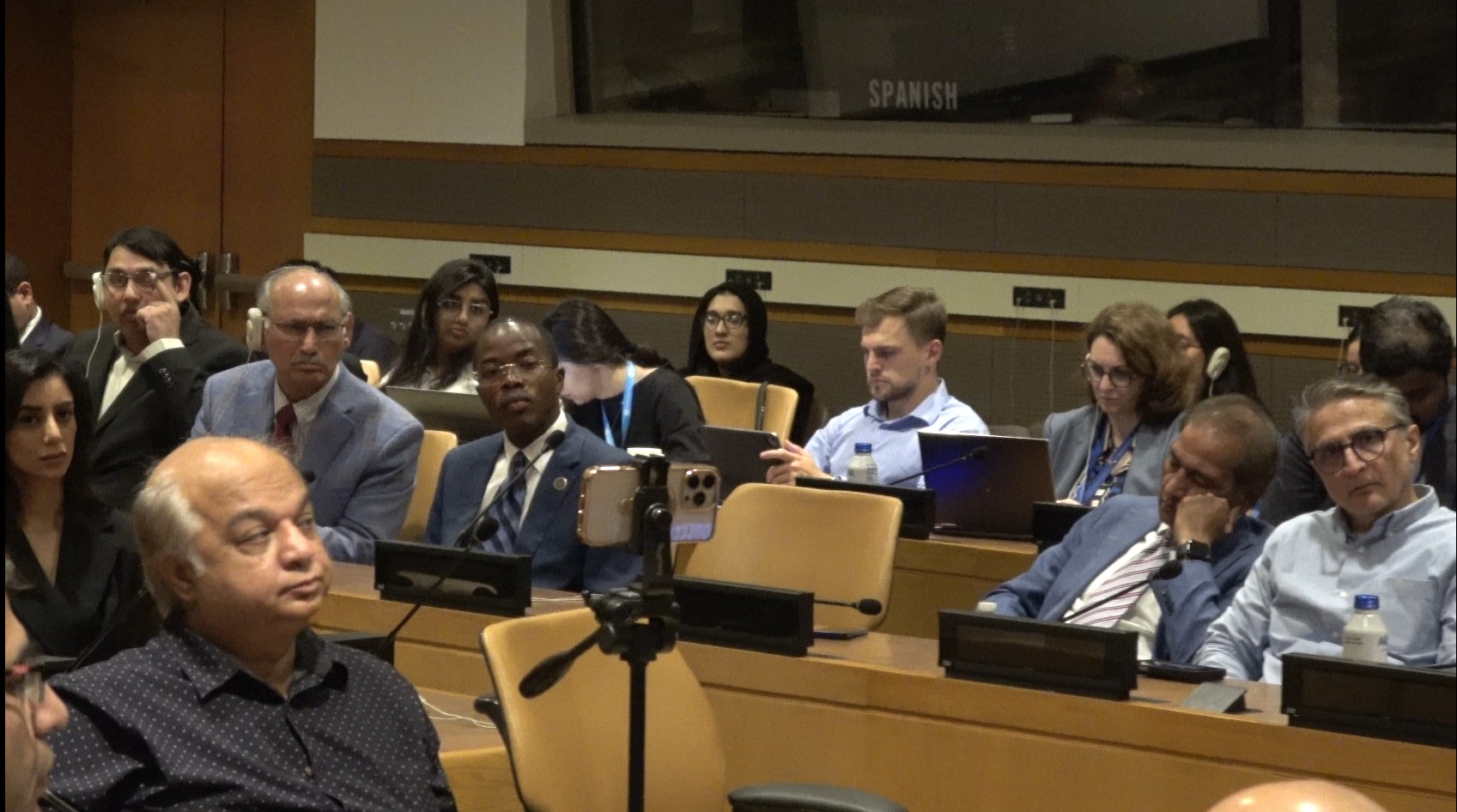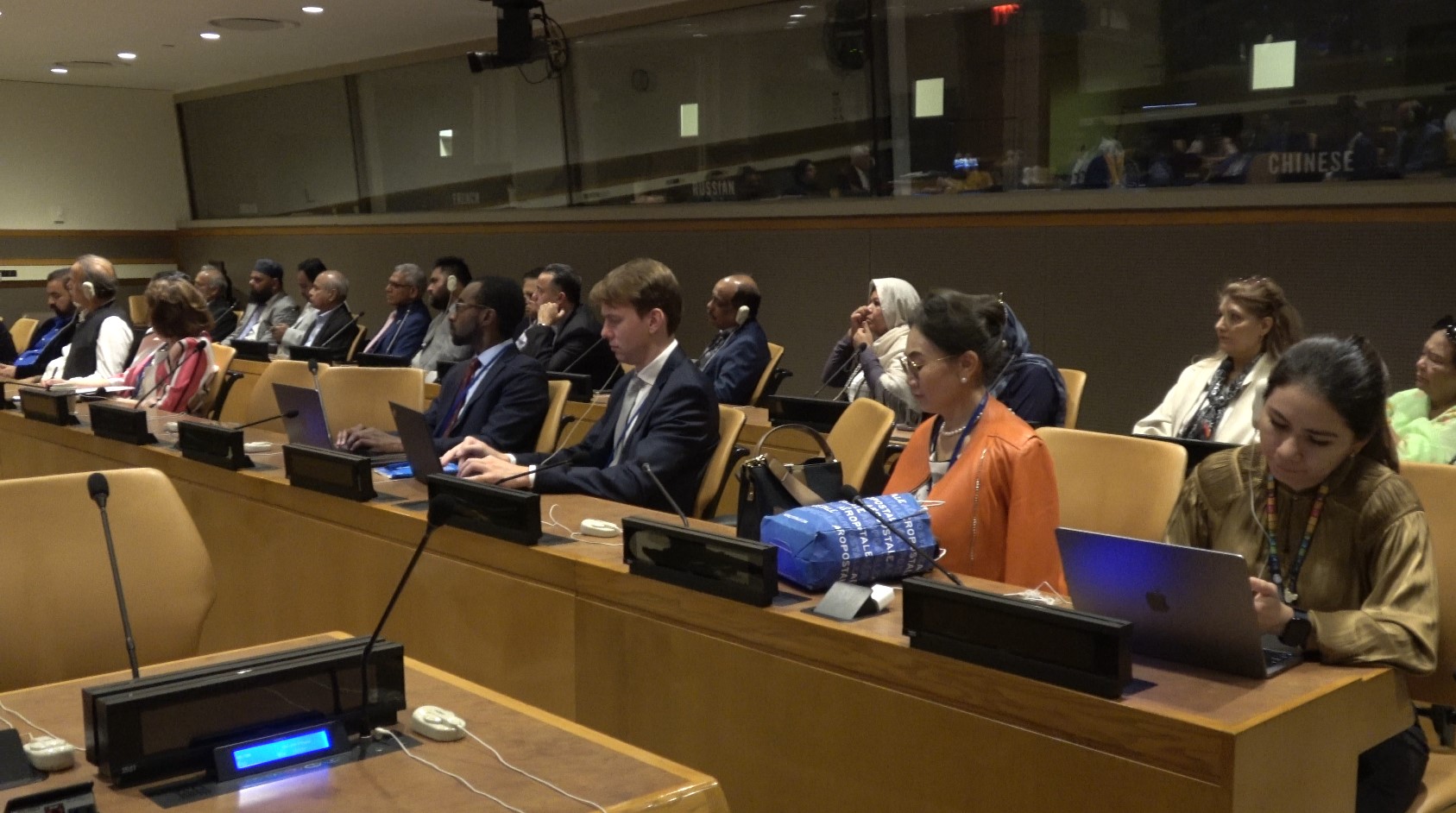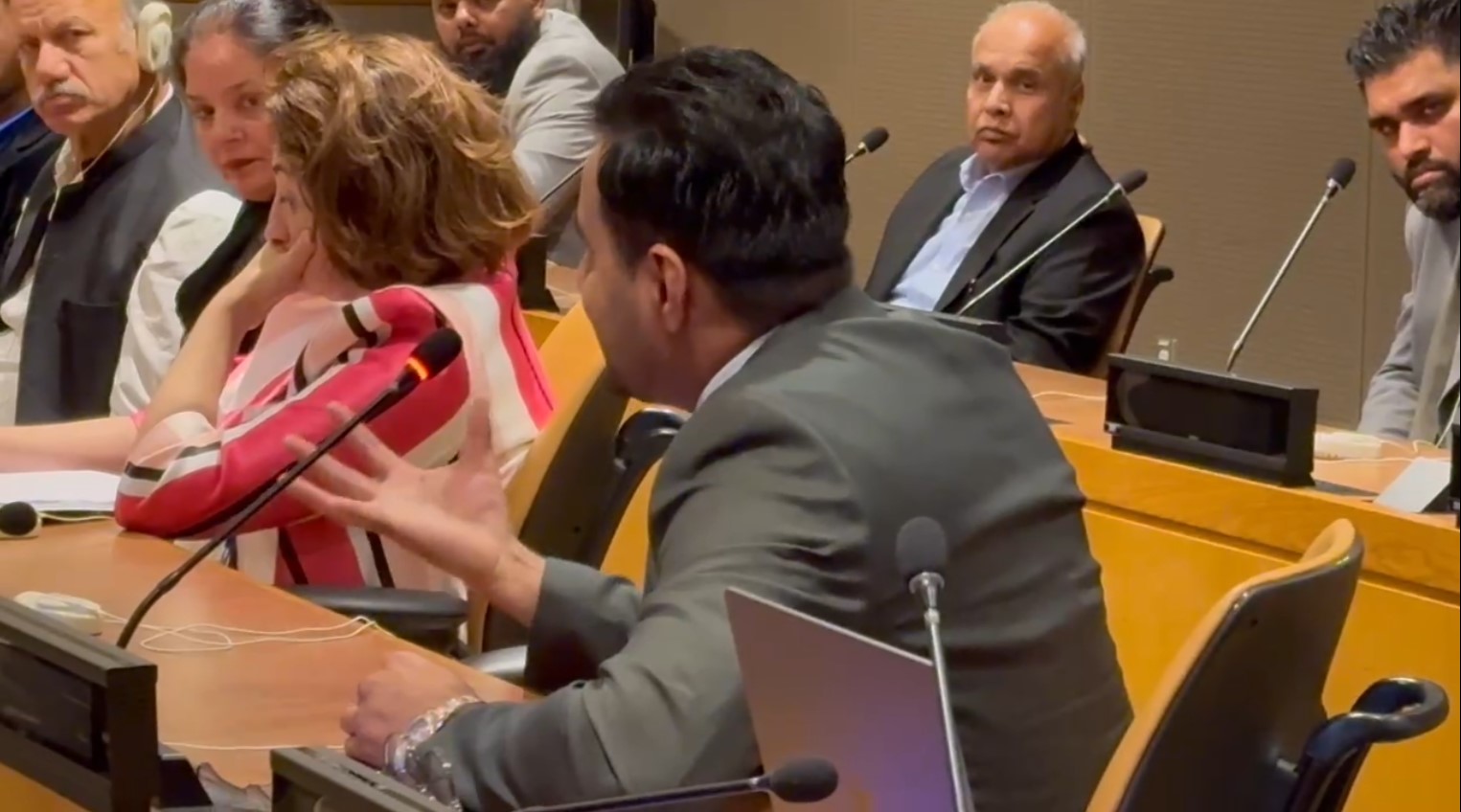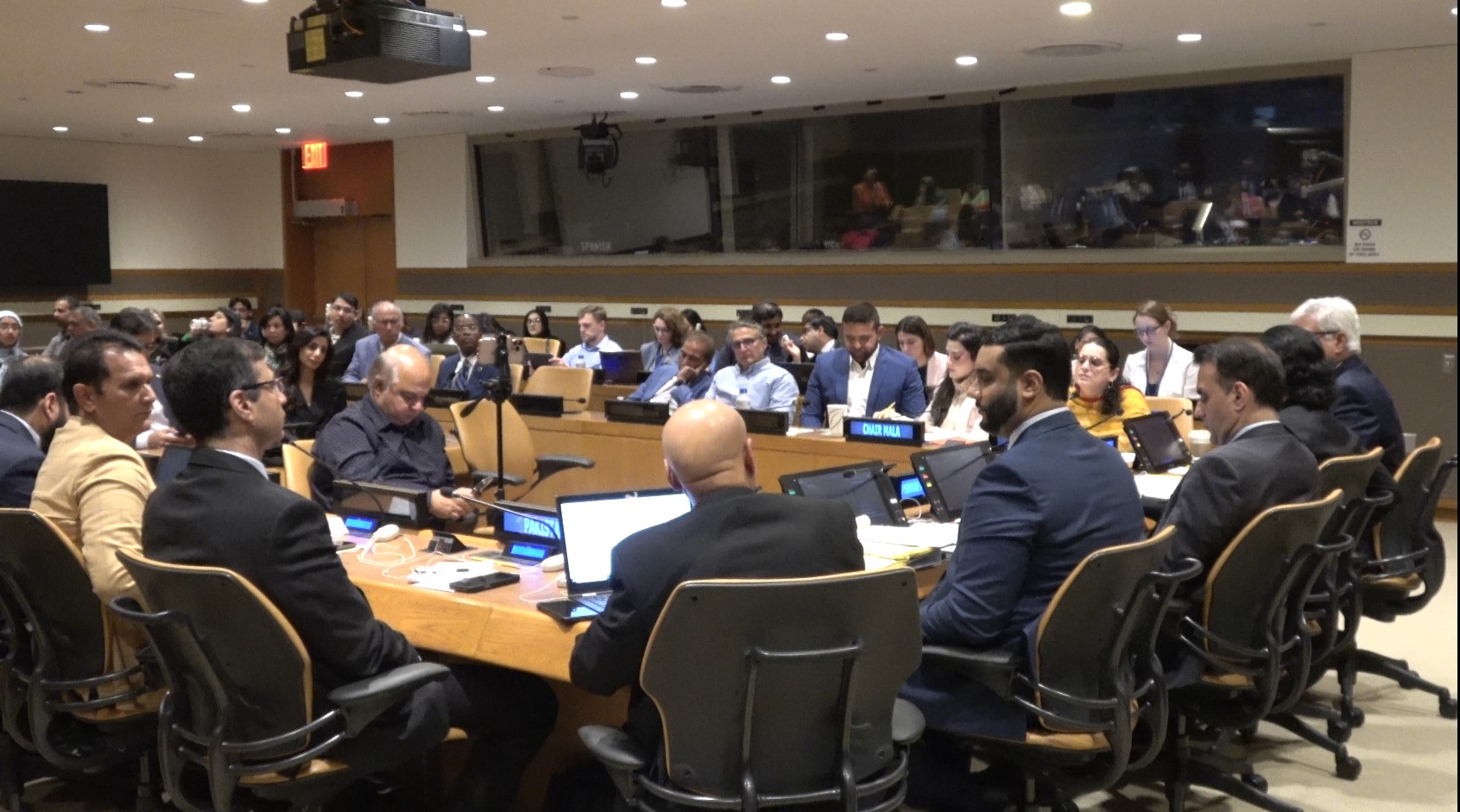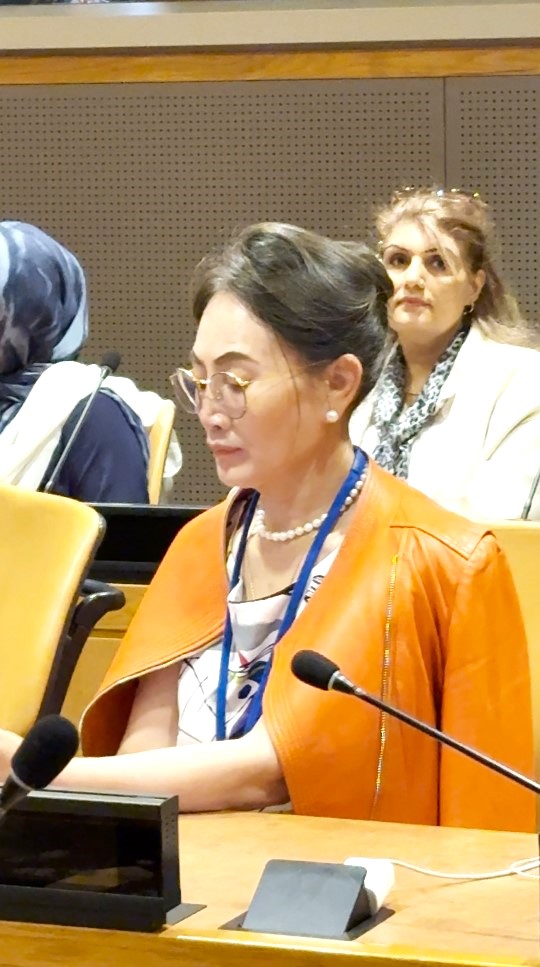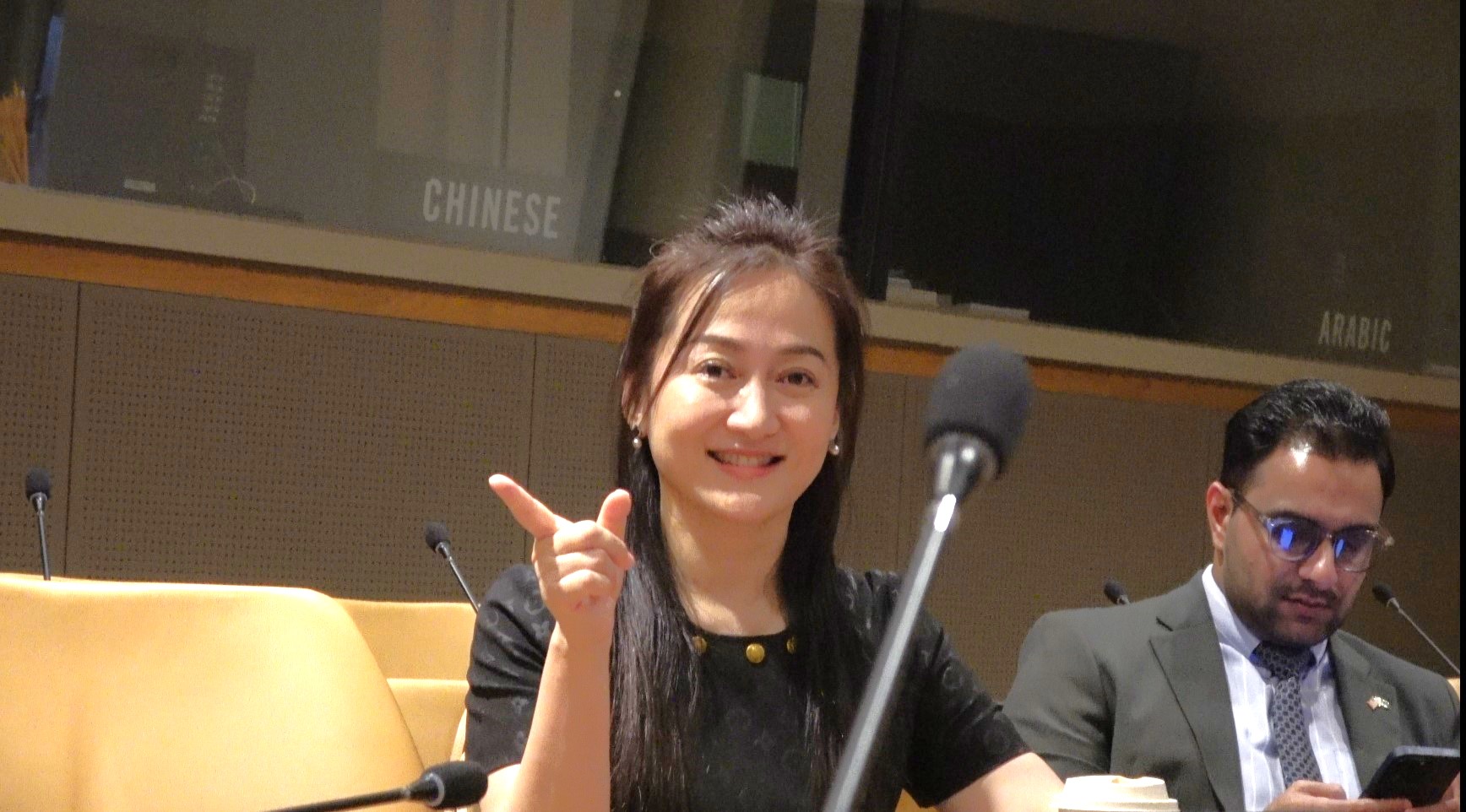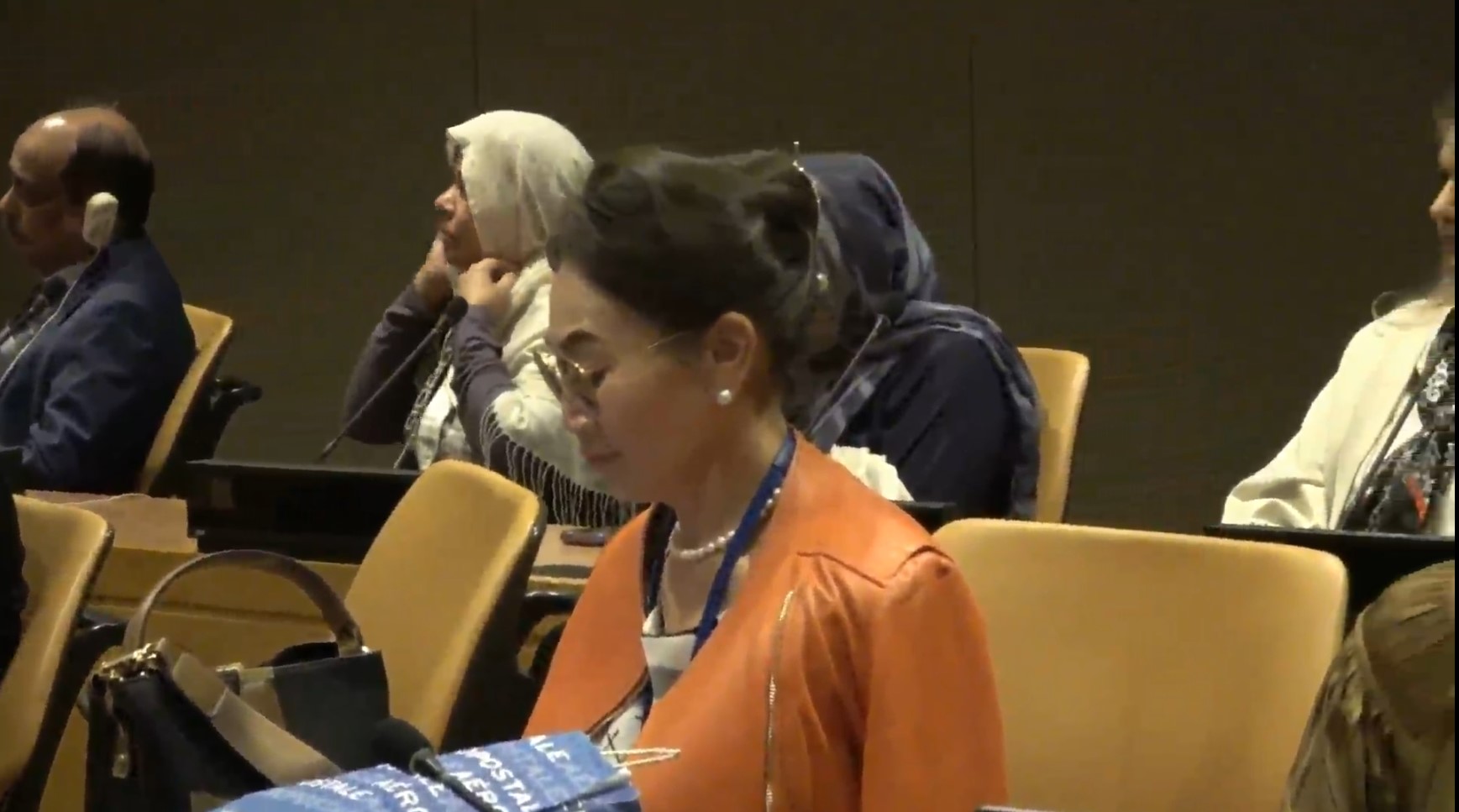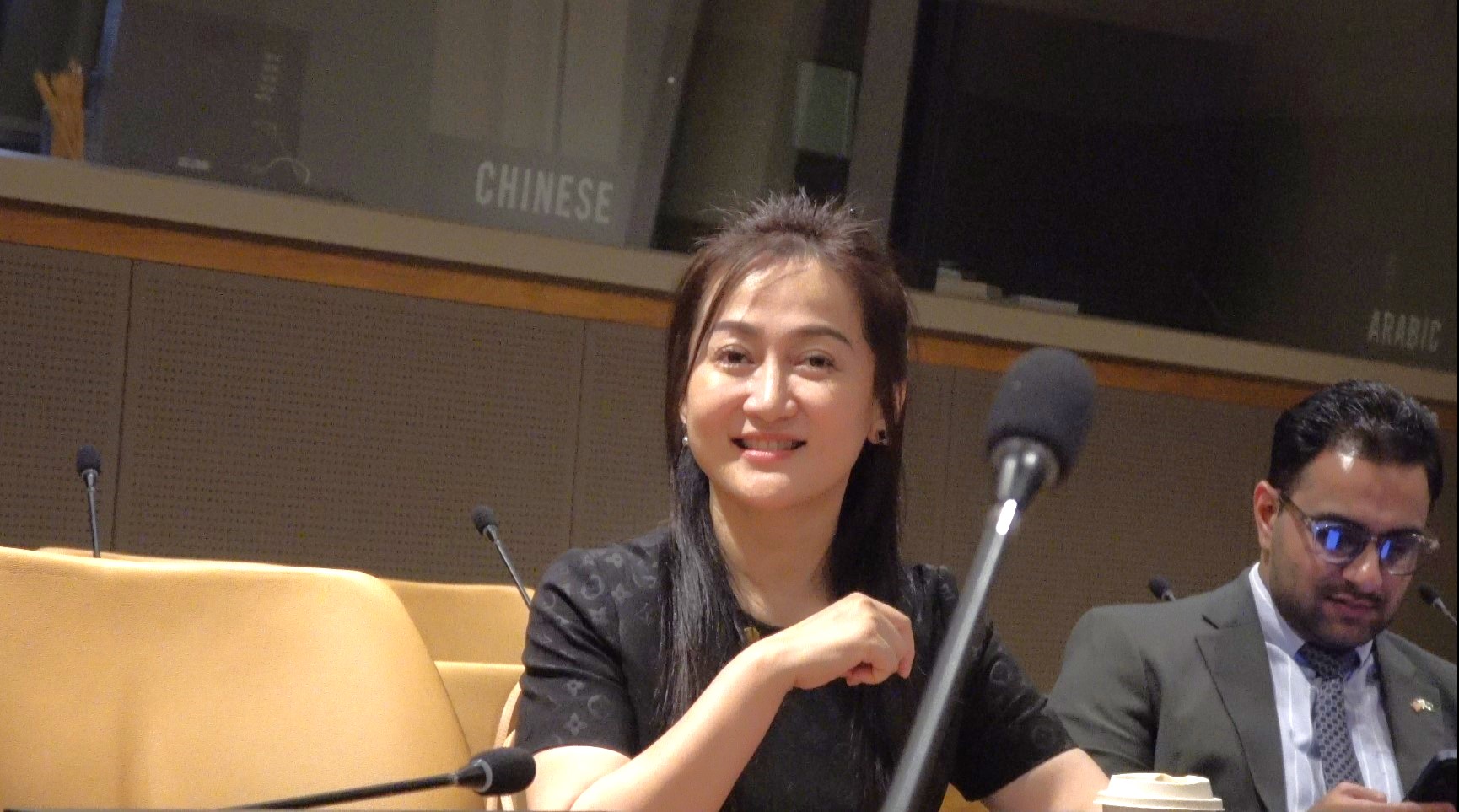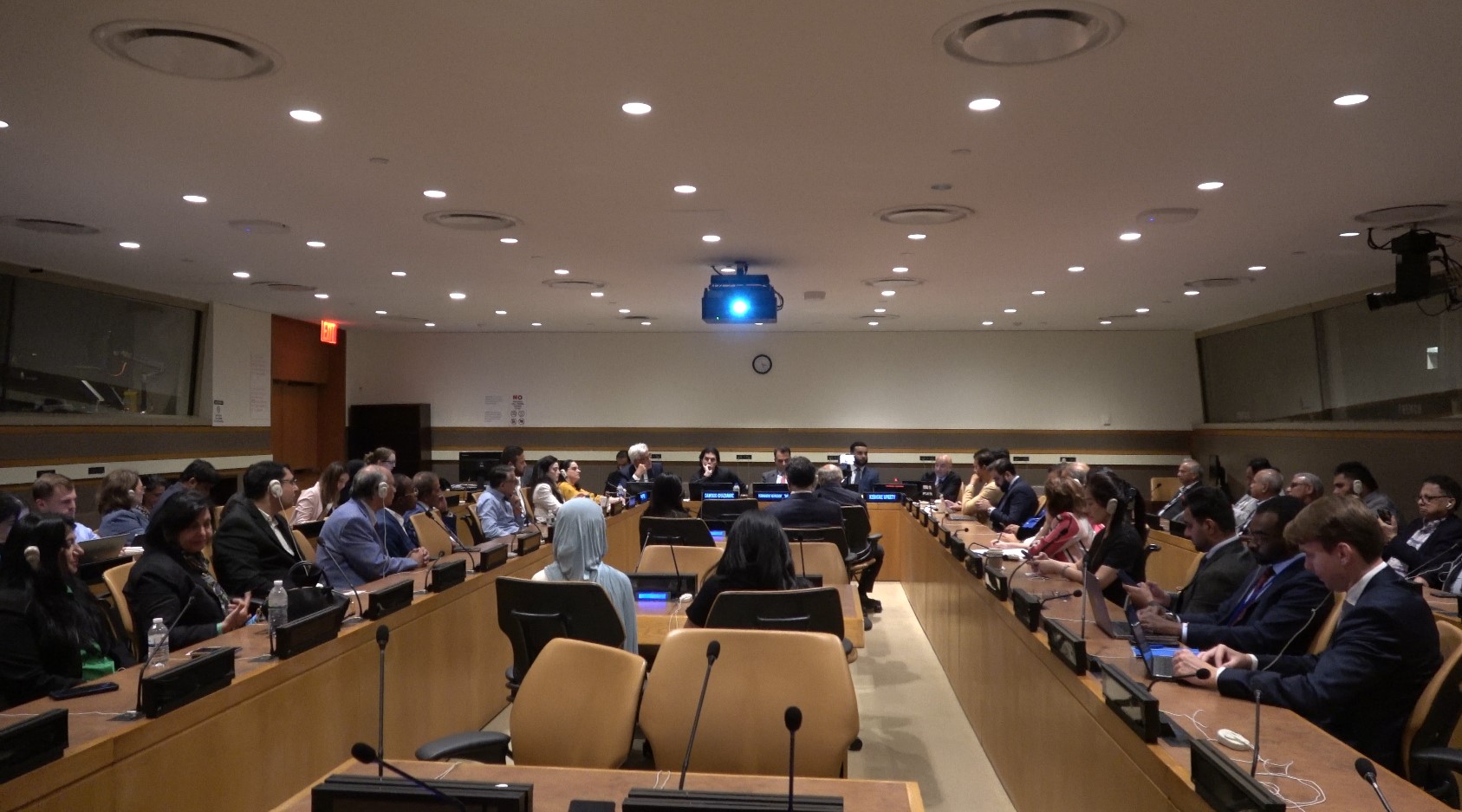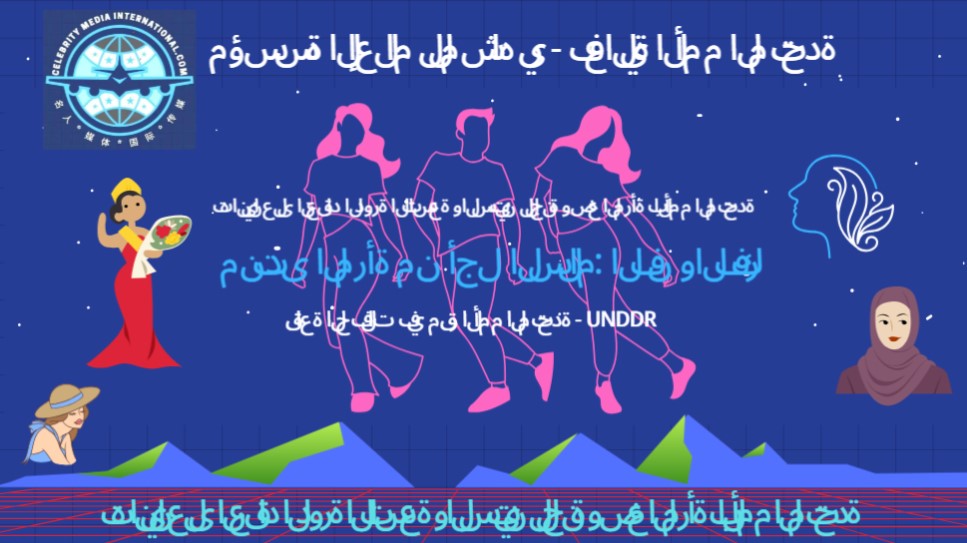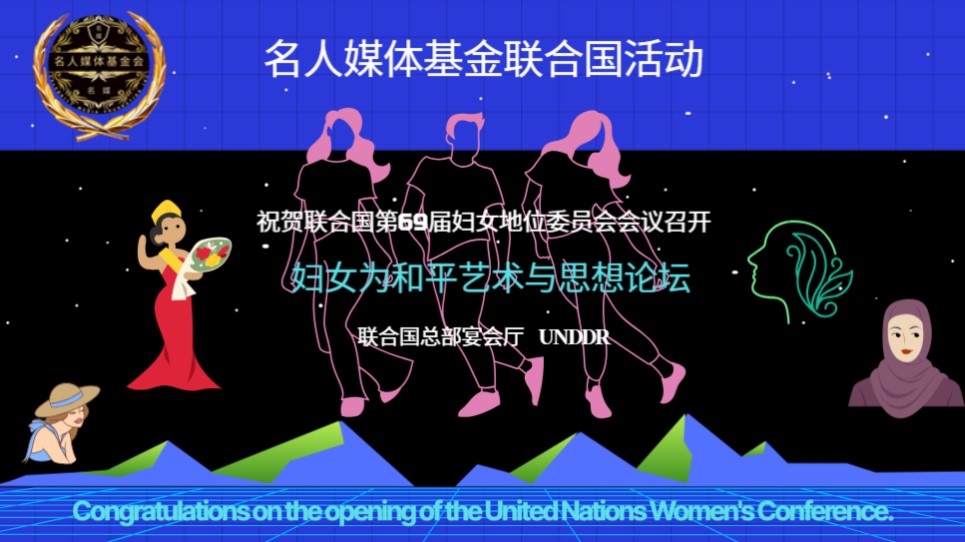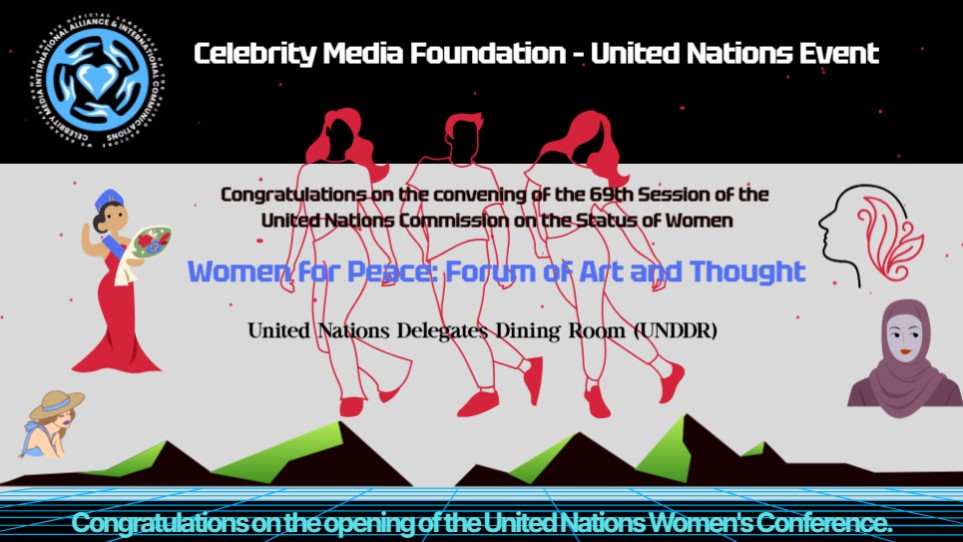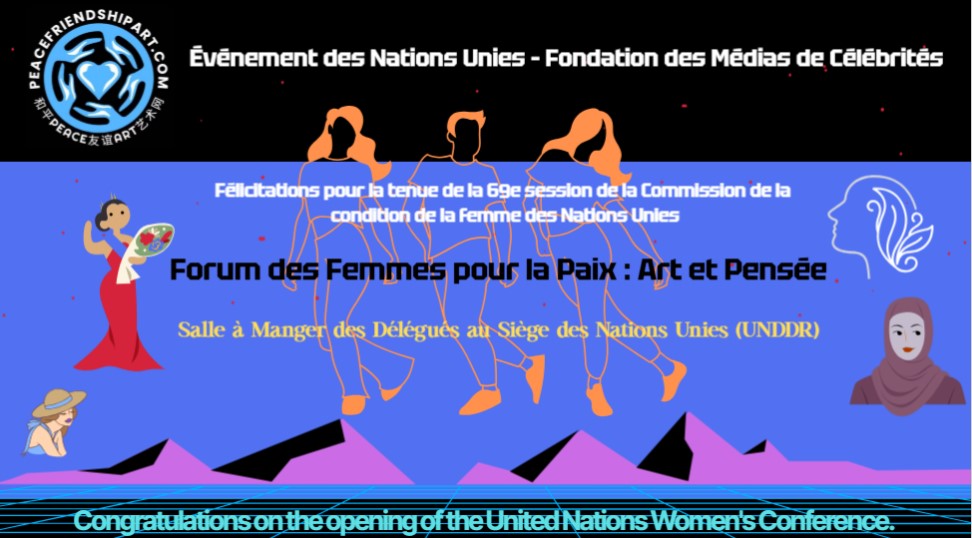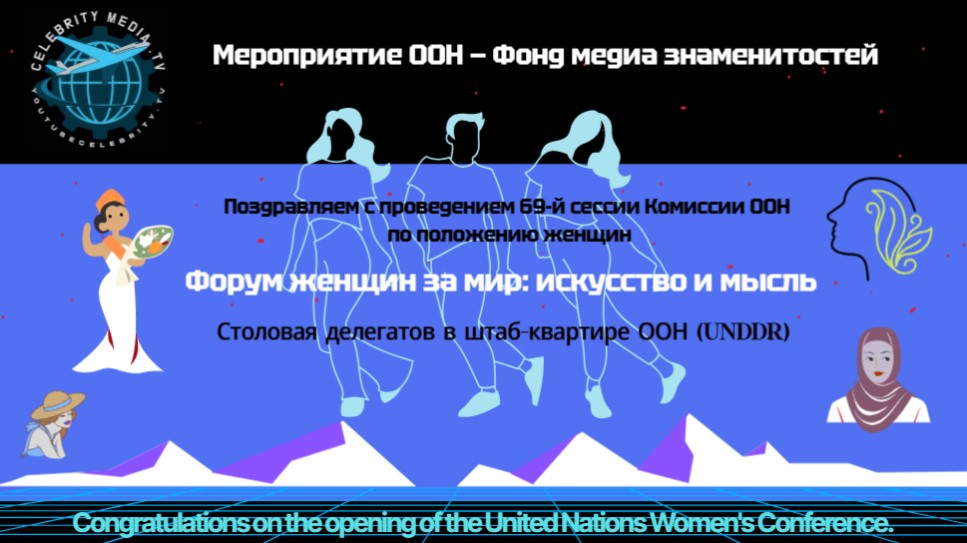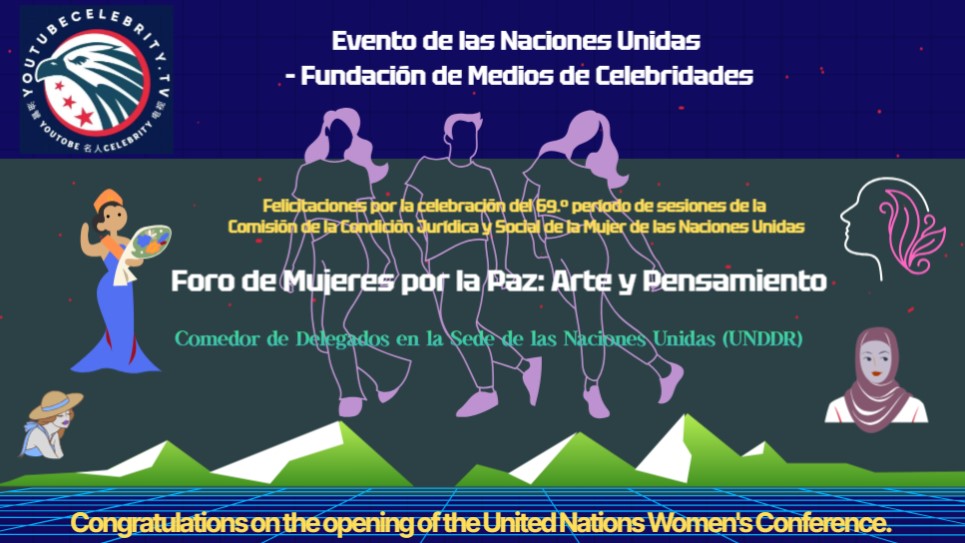Celebrity Media UN Headquarters Report: Yesterday, at a special meeting held at the United Nations, the Permanent Mission of Pakistan focused on the Indus Waters Treaty and Pakistan's water crisis, exploring the challenges of transboundary water management and the way forward. Before the meeting began, Celebrity Media journalist and host Jingyu Li had a brief exchange with members of the delegation.
Representative Sim explained that the meeting aims to comprehensively examine the importance and current difficulties of the treaty from the perspectives of human rights, humanitarian concerns, and regional security. Before the meeting started, the journalist had a short exchange with members of the Permanent Mission of Pakistan, who introduced that this session would focus on the Indus Waters Treaty and Pakistan’s water crisis, highlighting its profound impact on human rights, humanitarian efforts, and peace and security in South Asia. Host Sim noted that the meeting had invited experienced panelists who would discuss cross-border water cooperation, people’s well-being, and regional stability.
Celebrity Media CEO Ashley Chen attended the meeting.
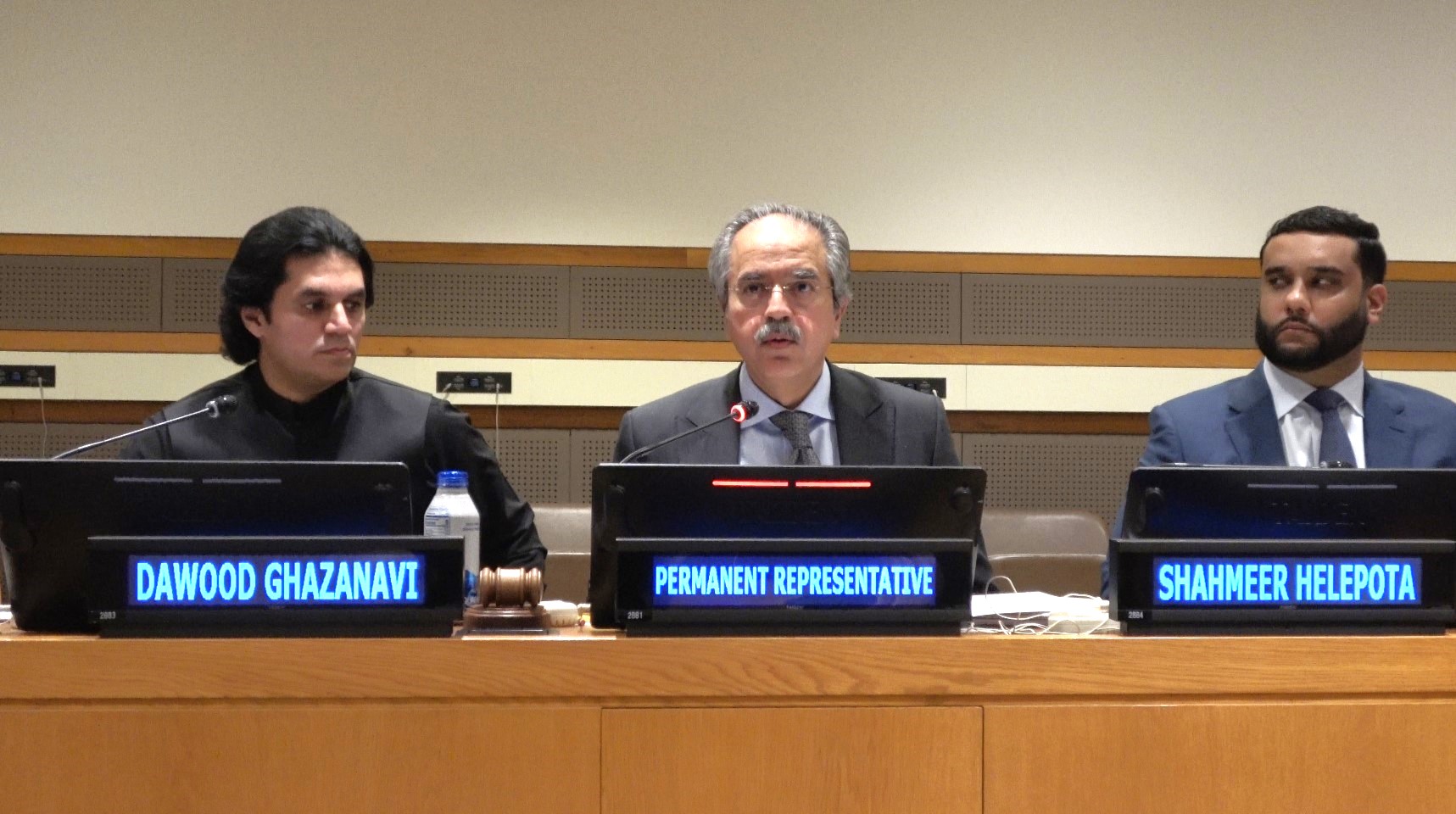
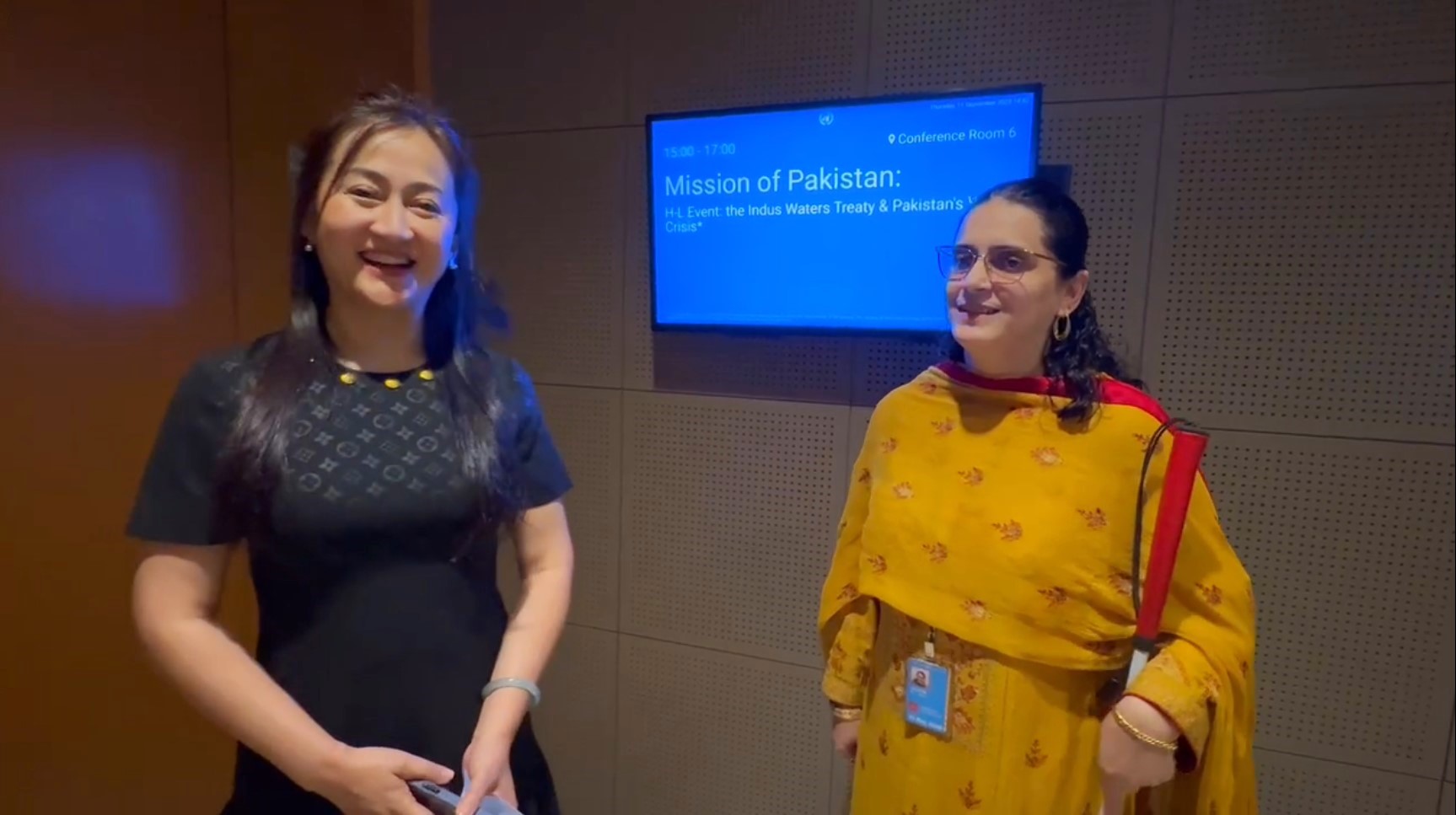
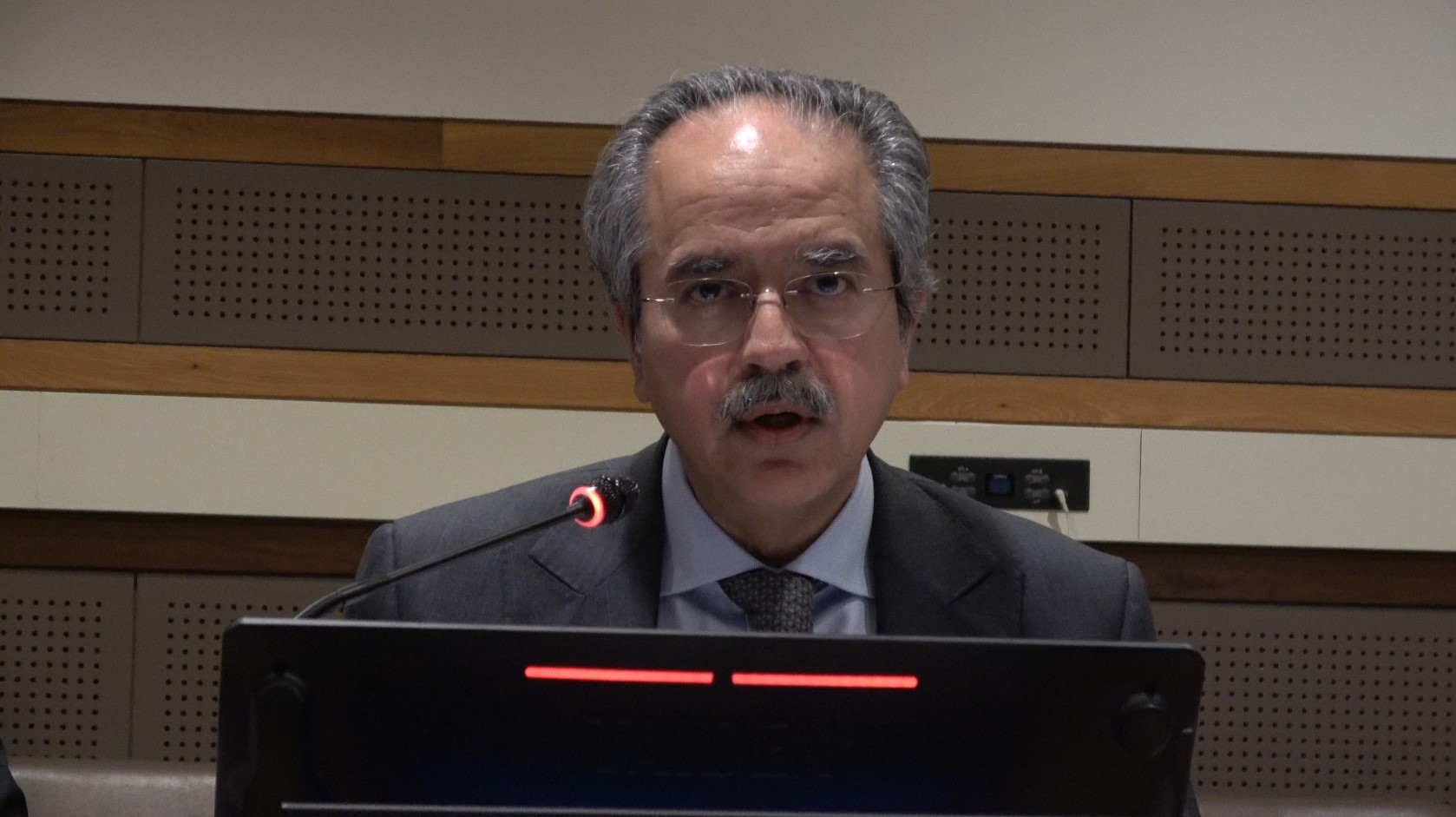
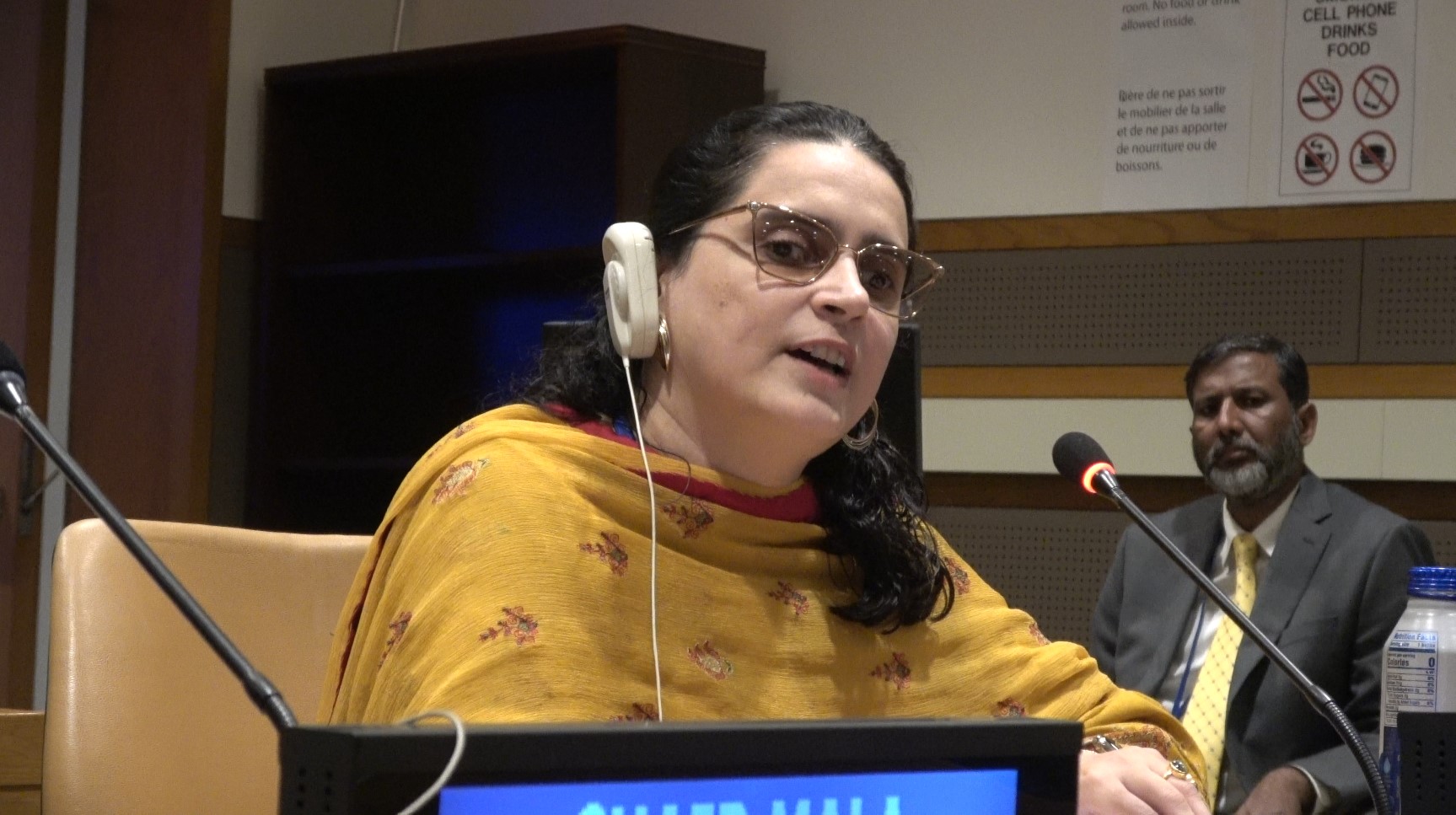
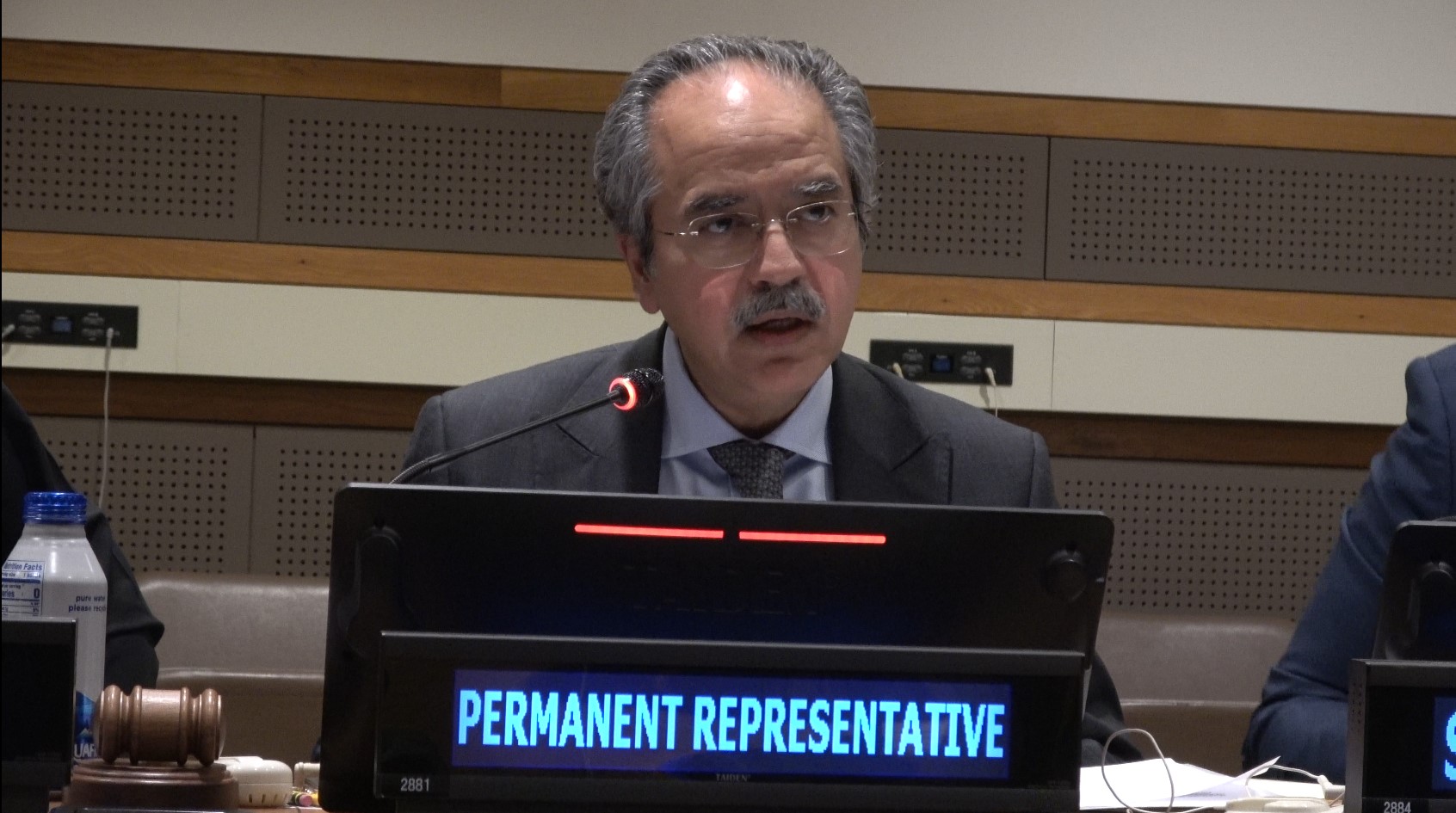
In his address, Pakistan’s Permanent Representative to the United Nations, Ambassador Amitabal Ahmad, emphasized that the Indus River basin is Pakistan’s lifeline, with nearly 80% of the country’s farmland relying on river water for irrigation to sustain food production and social survival. The Indus Waters Treaty, signed in 1960, has been regarded as a model of regional cooperation. For more than sixty years, it has maintained stability in cross-border water resources in South Asia, embodying the fundamental principle of international law that “agreements must be kept.”
In recent years, however, India’s unilateral actions have posed serious threats to the treaty. Ambassador Ahmad pointed out that the Permanent Court of Arbitration’s rulings in June and August 2025 clearly reaffirmed the treaty’s continued validity and the binding nature of its dispute resolution mechanisms, and that no party has the right to unilaterally suspend or withdraw. He criticized India for refusing to share hydrological data, which worsened recent flood losses and turned natural disasters into humanitarian tragedies.
The ambassador stressed that water security is tied to the survival and dignity of Pakistan’s 240 million people. Uncertain water resources lead to dried-up reservoirs, barren farmlands, and declining harvests, which further exacerbate poverty and particularly increase the vulnerability of women and children. “To use water as a political lever is to deprive people of their most basic right to survival. Water must never be weaponized,” he firmly declared.
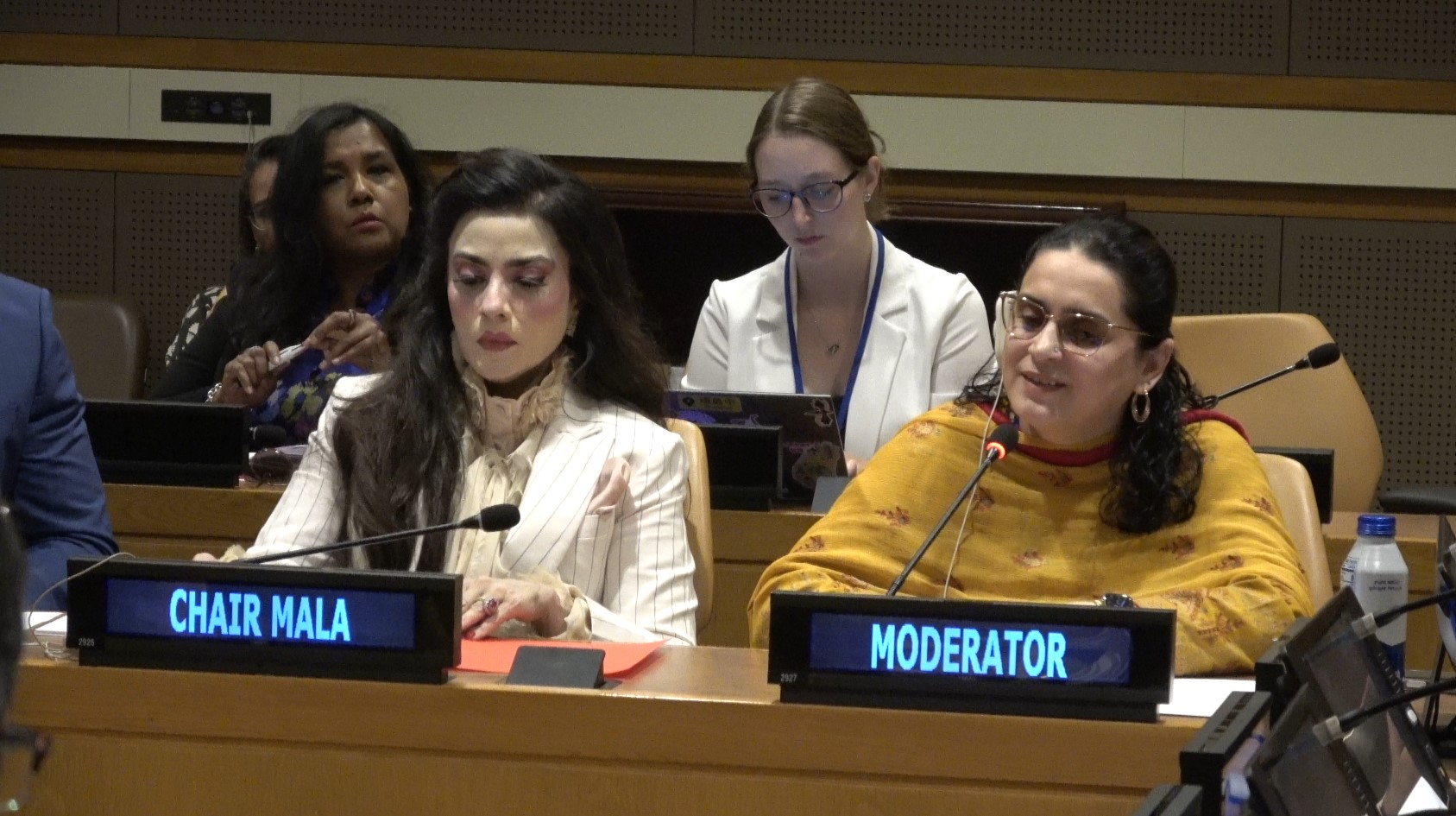
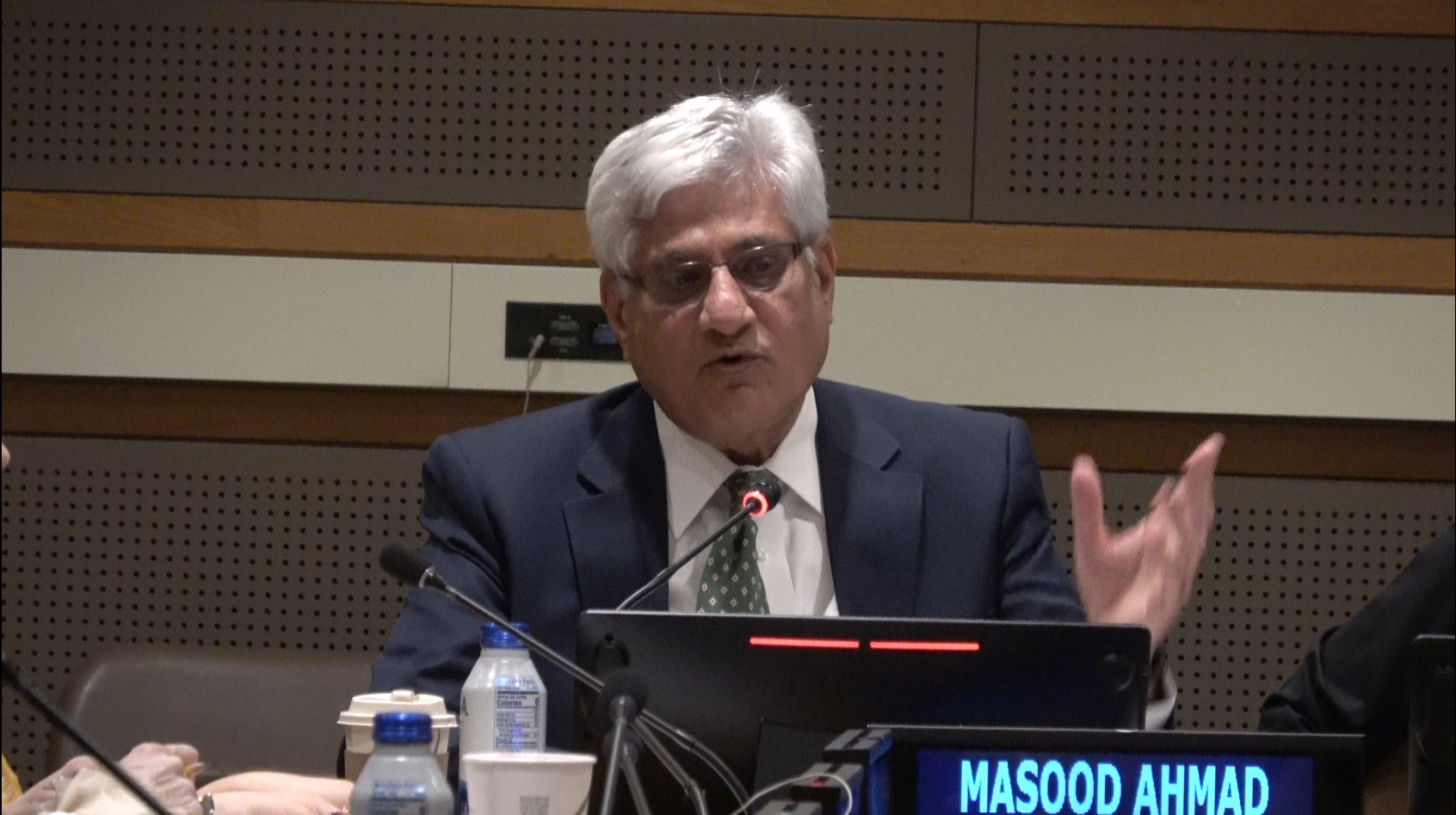
Experts generally agreed that the stability of the Indus Waters Treaty has exemplary significance for transboundary water governance in South Asia and even worldwide. If the treaty were to be undermined, it could set a dangerous precedent and shake the foundation of cross-border water agreements in other parts of the world.
Ambassador Ahmad appealed that cooperation in managing water resources is not optional but a necessary requirement for peace, security, and shared prosperity. He reiterated Pakistan’s firm stance on maintaining fair cooperation and expressed hope that the international community would stand together in upholding this principle.
